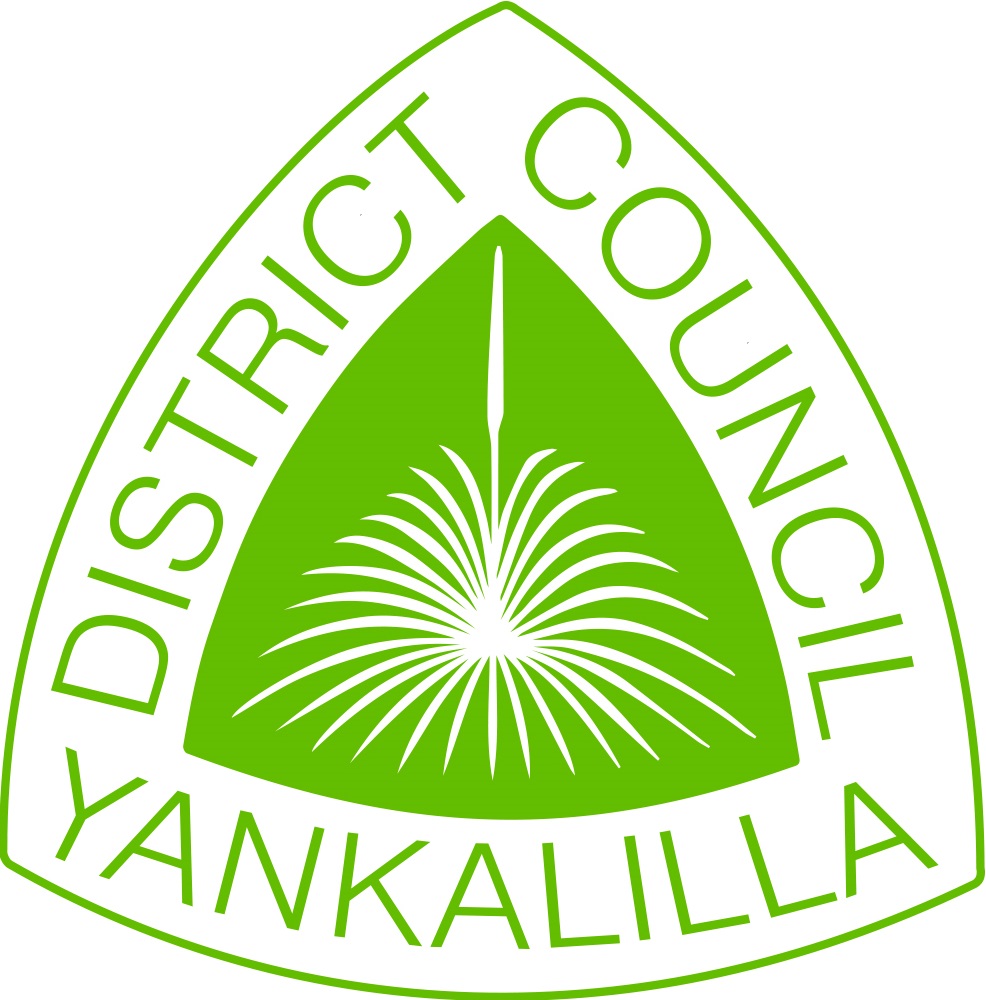Dates New Regulatory Roles for Council are Effective
From 1 February 2017, the District Council of Yankalilla is legislated a new regulatory role in littering and, from 1 July 2017, in local nuisance.
Overview of the Local Nuisance and Litter Control Act
The Local Nuisance and Litter Control Act 2016 is significant legislation for councils in South Australia and is anticipated will assist in resolving local nuisance complaints. The Act also has a strong focus on managing littering and illegal dumping across South Australia.
The Act confers a significant role on to councils to implement the legislation. However, the Environment Protection Authority (EPA) has committed to working collaboratively with the LGA and councils to ensure that the legislation is well implemented and delivers on its purpose of providing improved community outcomes relating to local nuisance, litter control, and illegal dumping.
Useful documents:
Local Nuisance and Litter Control Act 2016 (233 kb)
(233 kb)
Local Nuisance and Litter Control Regulations 2017
Introduction from EPA (1656 kb)
(1656 kb)
Guide to Keeping Poultry and Other Birds
Factsheets
To provide information on specific aspects of the Act, a series of factsheets has been developed for use by councils and the community:
General information
Factsheet 2 Evidence Collection/Seizure of goods (in development)
Factsheet 6 - Vehicle Owner Liability (505 kb)
(505 kb)
Factsheet 7 - Cost Recovery Processes (750 kb)
(750 kb)
Factsheet 13 - Continuing Offences (490 kb)
(490 kb)
Factsheet 14 - Defence of Due Diligence (713 kb)
(713 kb)
Factsheet 15 - Abatement Notices (794 kb)
(794 kb)
Factsheet 16 - Civil Remedies (1444 kb)
(1444 kb)
Factsheet 17 - Civil Penalties (879 kb)
(879 kb)
Factsheet 18 Administering bodies (in development)
Factsheet 21 Vexatious complaints (in development)
Litter control information
Factsheet 3 - Public Litter Reporting (1904 kb)
(1904 kb)
Factsheet 23 - Bill Posting (792 kb)
(792 kb)
Factsheet 24 - Abandoned Shopping Trolleys (1403 kb)
(1403 kb)
Local nuisance information
Factsheet 4 - Local Nuisance (1502 kb)
(1502 kb)
Factsheet 5 - Unsightly conditions (1021 kb)
(1021 kb)
Factsheet 9 - Nuisance - Dust (1490 kb)
(1490 kb)
Factsheet 10 - Nuisance - Odour (1764 kb)
(1764 kb)
Factsheet 11 - Nuisance - Noise (1862 kb)
(1862 kb)
Factsheet 12 - Nuisance - Smoke (312 kb)
(312 kb)
Factsheet 19 - Nuisance Management Plans (1325 kb)
(1325 kb)
Factsheet 22 - Insanitary conditions (1013 kb)
(1013 kb)
Considering making a Complaint to Council?
In the first instance a person should try and discuss concerns with the people (e.g. neighbours) from where the nuisance is emanating from, as they may not be aware that they are causing a nuisance.
Generally, Councils will only become involved if an issue within the community cannot be resolved or if the nuisance is a broad-scale issue involving multiple parties.
Ensure you review the approrpriate Factsheet.
How to make a Complaint to Council
It is assumed the relevant factsheet has been reviewed prior to a complaint form being completed and submitted.
Council requires complaints regarding possible breaches in the Local Nuisance and Litter Control Act to be made in writing on the appropriate form. The following forms should be used as they guide you through providing the information required to warrant an investigation.
If you need mediation assistance
Should you require assistance regarding conflict resolution, Mediation SA is the South Australian independent non- government provider of mediation and dispute resolution services, assisting people state wide with neighbourhood and community disputes.
Mediation SA is operated by Southern Community Justice Centre. All service provision is voluntary, non-legal, and confidential and our staff are unbiased and impartial.
Mediation services are provided free of charge.
Their website can be accessed here.
False, Vexatious or Misleading Reports
Please note providing a false, vexatious or misleading report is an offence under the Act and carries a maximum penalty of $50,000 for a body corporate and $20,000 for a natural person.
Complaint forms
- Complaint form for Abandoned Shopping Trolley
 (232 kb)
(232 kb) - Complaint form for Bill Posting
 (252 kb)
(252 kb) - Complaint form for Insanitary Conditions
 (309 kb)
(309 kb) - Complaint form for Litter
 (312 kb)
(312 kb) - Complaint form for Nuisance (Dust)
 (326 kb)
(326 kb) - Complaint form for Nuisance (Noise)
 (329 kb)
(329 kb) - Complaint form for Nuisance (Odours)
 (322 kb)
(322 kb) - Complaint form for Nuisance (Smoke)
 (312 kb)
(312 kb) - Complaint form for Unsightly Conditions
 (322 kb)
(322 kb) - Complaint form for Other
 (255 kb)
(255 kb)
Current Exemptions Provided by Council
The Act allows councils to consider the granting of an exemption from local nuisance-causing activities upon application. Exemptions may be reasonable for short-term activities - such as festivals, events or major construction activities - where some level of dust or other local nuisance is likely to be unavoidable. Councils can apply strict conditions to ensure that an applicant does everything reasonable to minimise the impact of the nuisance.
All exemptions are published here.
Current Exemptions
Nil.
